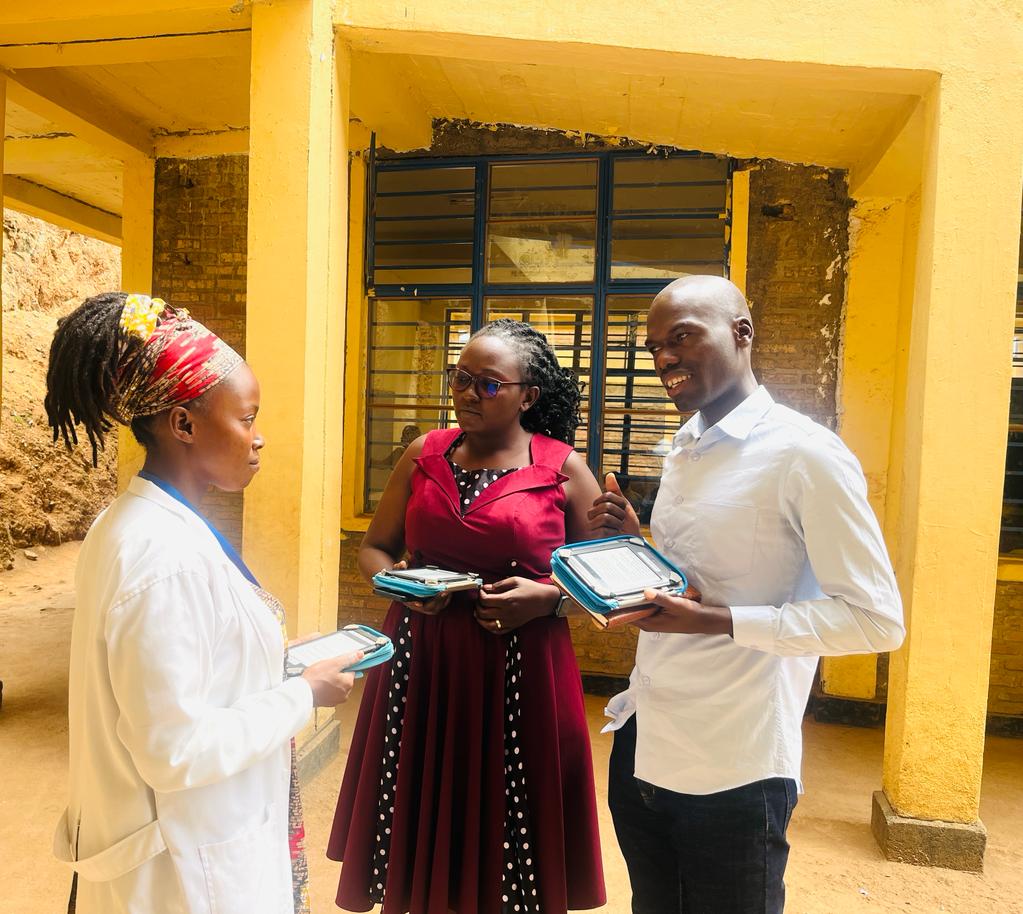The eLearning Africa annual conference, the largest and most comprehensive knowledge sharing event for technology-enhanced education, training and skills on the African continent, kicks off on the 24 May.
Notable speakers from around the globe will converge on Dakar, Senegal to address the theme of the conference “New Model Learning: Innovating to Become Sustainable, Self-Reliant, Equitable and Resilient”.
It is true; Africa needs a new model for learning and development, a plan to point the path ahead to a future of opportunity. UNESCO estimates a shortfall in teachers in sub-Saharan Africa of 15 million. Worse, teachers struggling to help students often have little or no support.
These shortfalls go some way to explaining why in sub-Saharan Africa, only 10% of children can read a simple sentence by the age of 10.
Much of the focus at the conference will be on the ways technology can be harnessed to improve outcomes for students. This is right. Used appropriately, technology is part of the answer to the current learning crisis which means the majority of African children attend at least primary school, but still fail to reach even basic literacy and numeracy standards.
But it is not enough. It is tempting to think of technology as a cure-all for the challenges faced in education. Yet a narrow, isolated application of inappropriate tech may actually slow progress towards providing every child with a transformative education.
RwandaEQUIP harnesses technology as part of a robust, holistic view of whole system transformation gets results. To be clear, technology is at its heart. Teacher tablets, e-reader type devices, are put in the hands of every teacher and provide detailed instruction to support best classroom practice. This helps to simplify lesson delivery and guide teachers where they may struggle. The power of these tablets lies in their content. Bespoke lesson plans, designed by education experts to each specific curriculum, ensure every child is taught to their maximum potential.
And the tablets are robust. They are designed to be “offline first” – going for up to two weeks without connectivity and able to update through just a 2G link.
But this is just the start. The teacher tablets also provide a stream of valuable data. Key metrics, including lesson completion, attendance of teachers and students as well as test results are available to those at every level of school governance. Suddenly, a light is shone into every classroom.
RwandaEQUIP does even more. A holistic approach to transformation also includes comprehensive induction training for each and every teacher, followed by on-going coaching by a dedicated team of expert professional development coaches, who visit every classroom regularly to provide feedback and coaching. Every school leader also receives dedicated training and regular support visits from specially trained supervisors.

Such a combination of modern technology, data-driven interventions and bespoke teacher and school leader support is at the heart of transforming learning for students. The results are spectacular.
Rwandan government, through RwandaEQUIP, has seen teacher absenteeism drop by over 50% and pupil attendance increase, all in the span of less than two years. Looking ahead, RwandaEQUIP is set to roll out into a further 511 schools by this September, and will serve over one million pupils in 2023.
It is this whole system approach which is transforming learning outcomes at scale and at speed. For those gathering this week in Dakar, the message is a clear one. Technology is a powerful tool, but just one of those needed. To truly transform learning for Africa’s children, education leaders need them all.


